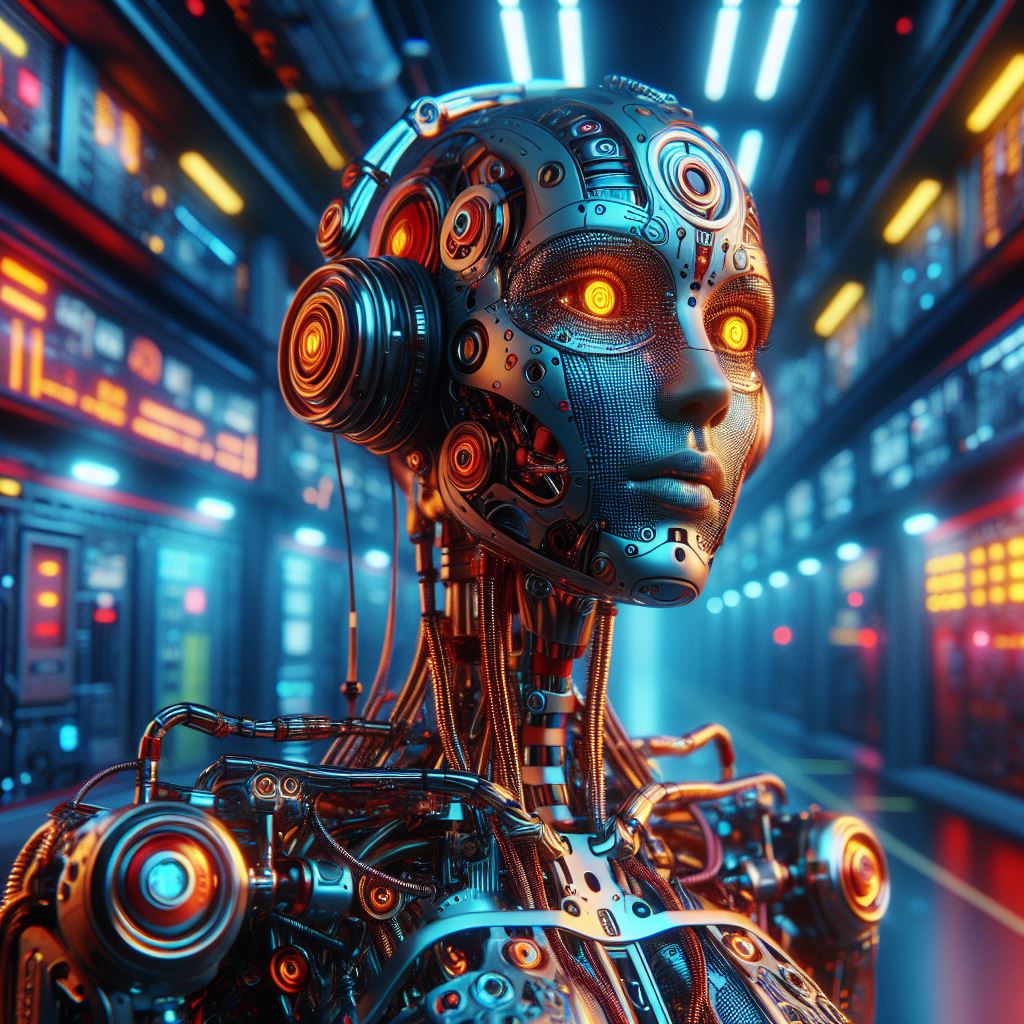In recent years, healthcare has seen a transformative shift with the integration of machine learning (ML) technologies. These innovations are revolutionizing patient care, enhancing diagnostics, and streamlining operations. Machine learning, a subset of artificial intelligence (AI), involves training algorithms to recognize patterns and make predictions based on data. With its ability to analyze vast amounts of data efficiently, ML is becoming an indispensable tool in various healthcare applications. From predictive analytics to personalized treatment plans, the impact of ML in healthcare is profound.
1. Predictive Analytics for Early Disease Detection
One of the most significant healthcare ML applications is in predictive analytics, where algorithms can identify potential health risks early. By analyzing historical patient data, including medical records and lifestyle factors, ML models can predict the likelihood of diseases such as diabetes, heart disease, and cancer. This allows healthcare providers to intervene early, improving outcomes and reducing healthcare costs. For example, ML models can analyze imaging data to identify early signs of cancer, enabling doctors to initiate treatment before the disease advances.
2. Personalized Treatment Plans
Machine learning also plays a critical role in developing personalized treatment plans. By analyzing a patient’s medical history, genetic information, and response to previous treatments, ML algorithms can recommend tailored therapies. This personalized approach improves the effectiveness of treatment and minimizes potential side effects. ML-powered tools can even predict how a patient will respond to specific drugs, making it easier to adjust treatment plans to suit individual needs.
3. Medical Imaging and Diagnostics
Medical imaging is another area where machine learning has made a significant impact. ML algorithms can analyze medical images, such as X-rays, MRIs, and CT scans, to detect abnormalities and assist in diagnosis. These algorithms can often identify issues that may be missed by human eyes, leading to more accurate diagnoses. Additionally, ML in medical imaging speeds up the analysis process, enabling doctors to make quicker decisions and reduce patient wait times.
4. Drug Discovery and Development
Machine learning is also transforming drug discovery and development processes. By analyzing large datasets of biological and chemical information, ML algorithms can predict which drug candidates are most likely to be effective. This accelerates the research process, reducing the time and cost of bringing new drugs to market. ML models can also identify potential side effects and suggest safer alternatives, improving the safety profile of new drugs.
5. Healthcare Operations and Administration
In addition to direct patient care, machine learning is optimizing healthcare operations and administration. ML algorithms can be used to forecast patient demand, streamline appointment scheduling, and optimize resource allocation. For instance, predictive models can anticipate patient volumes in hospitals, ensuring that staff and equipment are allocated efficiently. This leads to better resource management and reduced operational costs.
Conclusion
The integration of machine learning in healthcare is rapidly transforming the industry. From predictive analytics and personalized treatment plans to advancements in medical imaging and drug discovery, ML is paving the way for more efficient and effective healthcare solutions. As technology continues to evolve, the potential for ML applications in healthcare will only grow, ultimately improving patient outcomes and enhancing the overall quality of care.
5
